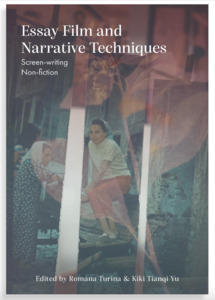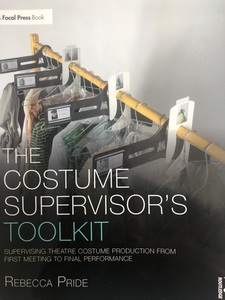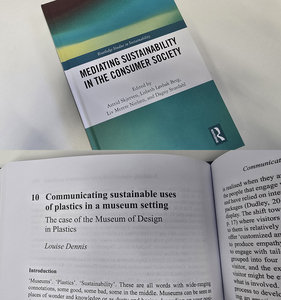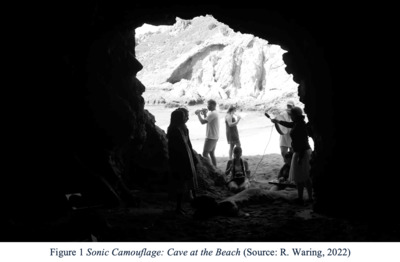Leaders of international humanitarian and development organizations (IHDOs) contribute to providing aid to many of the world’s poorest and most disaster-affected people in South Asia. Challenges they face include increasing demands for compliance, accountability, and transparency against the need to deliver on intended results and objectives. Leaders are required to provide vision, strategy, consistency, and security in contexts that are increasingly volatile, uncertain, complex, and ambiguous (VUCA). Constant changes and instability in the operational, political, and social environments in South Asia contradict traditional linear thinking and planning of programs and cycles. IHDOs, with their increasing regulations and procedures, and dwindling organizational space and time stymie innovation and creativity, while calling for increased yet potentially inappropriate professional standards to be applied against ground realities and human capital available. Diverse cultural dimensions must be accounted for including those of the country, the people, the organization, the team, and the leader themselves. Further, IHDO leaders must establish and nurture relationships with a multitude of stakeholders, aside from their teams. These include their organizational hierarchy and peers, donors, government representatives, clients, service providers, local civil society organizations, academic institutions, media, and their program beneficiaries; each relationship comprising its own nuances and consequences. Leaders must be versatile if they are to be successful, appropriately balancing the application of their characteristics and competences. For this, a new philosophy, theory, and practice of leadership versatility is presented that leaders and their IHDOs can promote and apply in their endeavors to face and overcome the above challenges in South Asia.
 |



 Lists
Lists Lists
Lists








